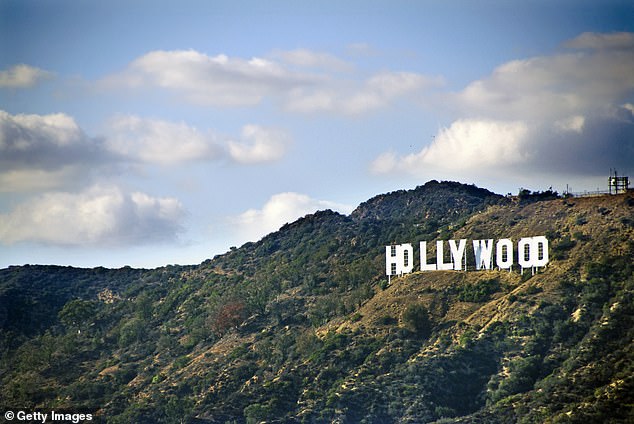Film and television production throughout the Los Angeles metropolitan area has failed to recover from the writers’ and actors’ strikes that ended last year.
FilmLA – the Los Angeles agency that handles film permits throughout the city – has reported a 5% drop in film and television production in the third quarter of 2024.
The 5,048 total days of film and television shooting represented not only a 5% drop from the third quarter of 2023, but a whopping 36.4% drop from the five-year average.
One of the few silver linings from FilmLA’s report was that feature film production is up 26.6% from the third quarter of 2023, but is still a whopping 48% below the five-year average.
Commercials for television and web-based productions also rose 7.4% from last year, but both television production and reality TV production plummeted sharply.
Film and television production throughout the Los Angeles metropolitan area has failed to recover from the writers’ and actors’ strikes that ended last year.

FilmLA, the Los Angeles agency that manages film permits throughout the city, has reported a 5% drop in film and television production in the third quarter of 2024.

The 5,048 total days of film and television shooting represented not only a 5% drop from the third quarter of 2023, but a whopping 36.4% drop from the five-year average.
Reality TV production fell a whopping 56.3% compared to this quarter last year, with a drop of 52.7% compared to the five-year average.
Overall television production fell 18.3%, also 53.2% below the five-year average during the quarter.
While there were huge increases in TV filming days due to last year’s strikes, drama was still down 34.4% of the five-year average and comedy was down a staggering 85.7% of the five-year average years.
Although film increases are promising, production is still far behind post-strike expectations.
“Just a few months ago, the industry expected that we would see an overall profit in the third quarter, due to the effect of the strike,” said FilmLA president Paul Audley.
“Instead, we saw a setback and a loss of forward momentum, facing the fall season that will mark the success or failure of the year,” he clarified.
The organization also called for an expansion of the California Film and Television Tax Credit Program to help boost production.
Several new television shows, such as High Potential, Matlock, Orphan and Forever, were filmed in Greater Los Angeles largely because they qualified for the credit.

Overall television production fell 18.3%, also 53.2% below the five-year average during the quarter.

Overall television production fell 18.3%, also 53.2% below the five-year average during the quarter.

Although film increases are promising, production is still far behind post-strike expectations.
“California’s film incentive is a proven job creator that studies show provides a net positive return for every dollar allocated,” Audley added.
“What the program is missing is funding and eligibility criteria that reflect industry outcomes in 2024,” he continued.
“The program structure and management through the California Film Commission are excellent,” he admitted.
“But just as our competitors continue to innovate, California must do the same,” Audley concluded.


